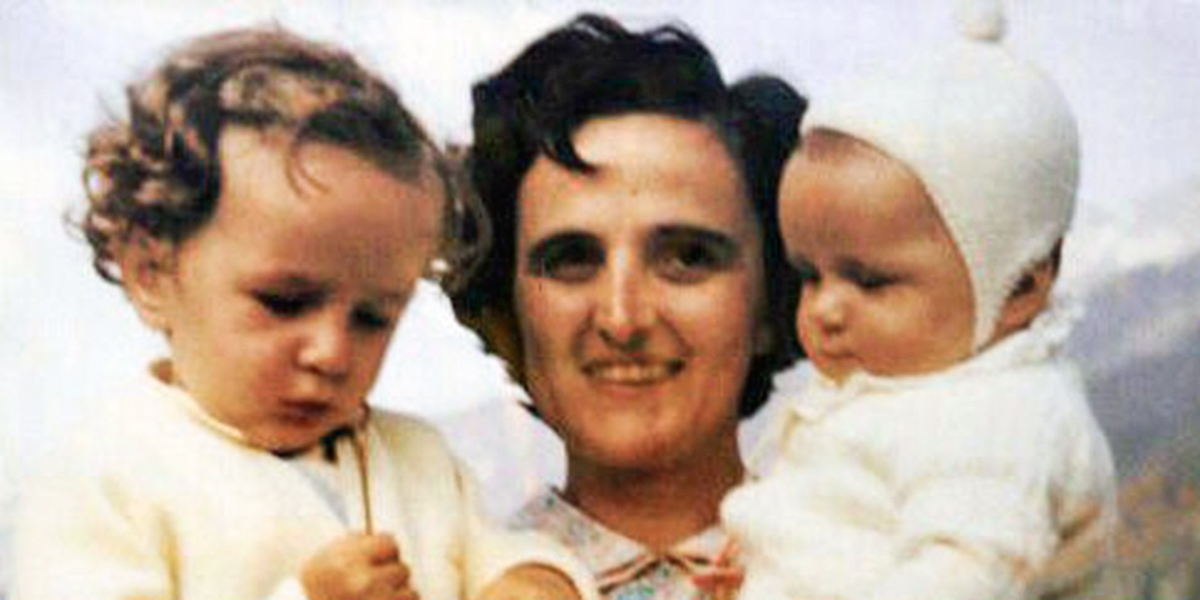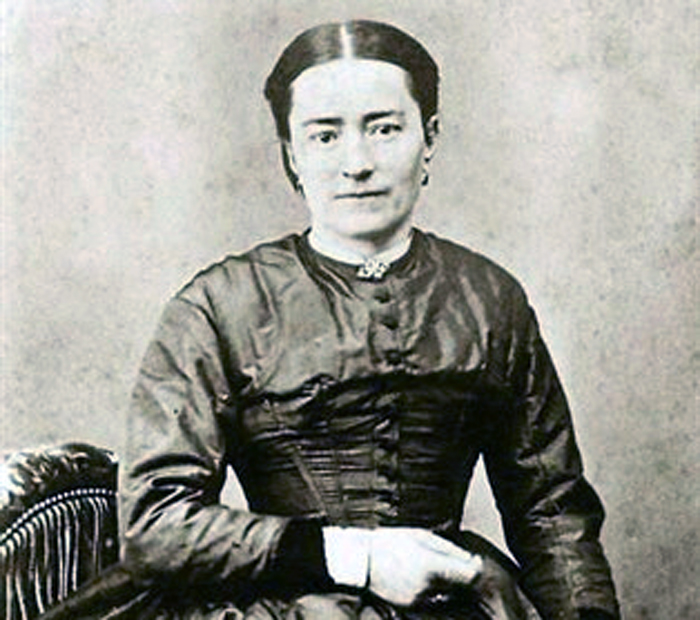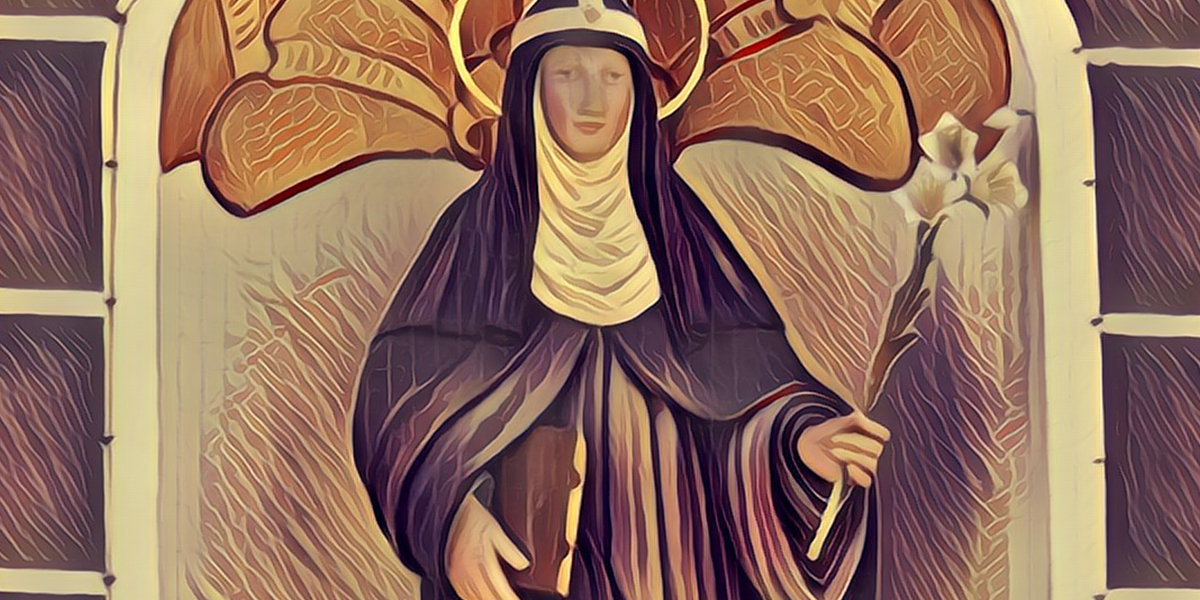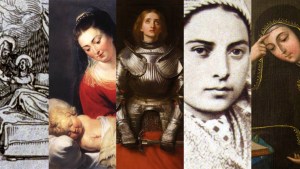Despite miscarriage being a heartache that one in four women experience, losing our son at eight weeks gestation was incredibly isolating. Even though almost every woman I interacted with in the emergency room while I was miscarrying knew exactly what I was going through, after I came home from the hospital, I didn’t know where to turn.
Most women I knew seemed to operate on a “12-week rule” — they didn’t mention they were pregnant until the first trimester was behind them, just in case something happened in the early stages of pregnancy. As a result, I didn’t know who to turn to to process my grief. Although I brought the pain of our miscarriage into conversation and prayer with my husband, both he and I processed Marion’s death differently. I desired to be surrounded by a community of women who knew what I was going through, but I had a hard time finding women who wanted to discuss the subject with me.
One immense comfort in healing after losing our son was knowing that I wasn’t alone when it came to saints in Heaven. If you are experiencing the pain of losing a child through miscarriage, know that you’re not alone – you’re surrounded by a great cloud of witnesses who know the exact ache your heart is feeling. Here are three saints to turn to when grieving the loss of your sweet little one:
St. Gianna Beretta Molla (lived 1922-1962, Italy)
In the first four years of their marriage, Gianna and Pietro had three children: Pierluigi, Mariolina, and Laura.

“Pietro and Gianna’s was a deep love, but it was not an easy thing because Pietro was away a lot. He had to travel extensively because of his job with a matchmaking company,” Father Thomas Rosica, a close friend of the Molla family, writes. “When you read the love letters they sent to each other, you sometimes get the sense that there were also times of great pain because he was away and she was raising the kids.”
But in the next two years, Gianna would miscarry two children. She became pregnant again in 1961, but complications came with the pregnancy. When she was eight weeks along, her doctor realized that Gianna had developed a fibroma tumor in her uterus. Although the tumor wasn’t cancerous, the doctor recommended that Gianna go into surgery for immediate removal of the growth. Her doctor also recommend that Gianna and Pietro abort their child to guarantee that Gianna would recover, or to undergo a hysterectomy which would still kill their child.
Gianna opted for a surgery that would remove only the tumor, and the operation was successful. However, when Gianna delivered her fourth child, Gianna Emanuela, on Good Friday, she developed a septic infection. One short week later, Gianna died from septic peritonitis. Her sacrificial love for her child prompted her dear friend Father Olinto Marella to start a grassroots movement for the cause of her canonization in the 1960s.

Only 16 years after Gianna’s death, a Brazilian woman prayed for Gianna’s intercession for help during a pregnancy riddled with complications. Miraculously, the dying pregnant woman recovered. The miracle caught the attention of Pope Paul VI. Gianna was later beatified by Pope St. John Paul II in 1994. At her canonization Mass in 2004, Gianna’s husband and her three living children were present to witness the pope declaring their wife and mother a saint.
Reflecting on Gianna’s life, St. John Paul II recalled a letter Gianna had written to Pietro before they were married. In the letter, she wrote, “Love is the most beautiful sentiment the Lord has put into the soul of men and women.” The pope drew attention to the sacrificial life Gianna went on to lead, saying, “The extreme sacrifice she sealed with her life testifies that only those who have the courage to give of themselves totally to God and to others are able to fulfill themselves.”
St. Zelie Martin (lived 1831-1877, France)
I didn’t know much about the story of Zelie Martin before experiencing my miscarriage. The little I did know about her revolved around her more famous daughter, St. Therese of Lisieux. But in addition to the Little Flower, Zelie was the mother to eight other children. Five of her daughters grew up to become religious sisters, but Zelie and her husband Louis also grieved the loss of four children. Three of their children passed away within their first year on earth, and they lost another at age five. Although losing children to miscarriage or an early death was a common experience in the 1800s, the honor and dignity that the Martins gave their children is inspiring.

The Martins often mentioned their children in Heaven during conversation with their living daughters. Even though they passed away before she was born, Therese wrote that her older siblings’ intercession was part of her vocation story and her own journey to Heaven. Shortly after the canonization of Louis and Zelie, an icon was commissioned of the first married couple to be named saints together in modern times. The icon depicts all nine of the Martin children, emphasizing the dignity that Louis and Zelie strove to give every one of their children that God had blessed them with.
After Zelie’s sister-in-law also experienced a miscarriage, Zelie reached out to her through a letter. “When I had to close the eyes of my dear children and bury them, I felt deep sorrow, but I was always resigned to it,” she wrote. “I did not regret the pains and the sorrows which I had endured for them. Many persons said to me: ‘It would have been better for you if you had never had them.’ I could not bear that kind of talk. I do not think that the sorrows and the troubles endured could possibly be compared with the eternal happiness of my children with God. Besides, they are not lost to me forever; life is short and filled with crosses, and we shall find them again in Heaven. Above all, it was on the death of my first child that I felt more deeply the happiness of having a child in Heaven, for God showed me in a noticeable way that He accepted my sacrifice. Through the intercession of my little angel, I received a very extraordinary grace.”
St. Catherine of Sweden (lived 1331-1381)
In 1331, St. Bridget gave birth to her fourth child, Catherine. A short 14 years later, Catherine of Sweden married Eggart von Kürnen, a German nobleman. Together, the couple devoted themselves to a marriage of perpetual chastity and spent their time living out the virtues of the Gospel. But Catherine’s husband passed away shortly after and although many men courted Catherine, she dedicated the rest of her life to serving the Church.

Catherine journeyed with her mother across Europe and ministered to the poor that they encountered. Although she never experienced the pain of miscarriage herself, Catherine counseled women who had suffered a miscarriage or were experiencing complications in their pregnancy.
A traditional prayer to St. Catherine reads: “Dear St. Catherine, patron of those who have suffered a miscarriage, you know the dangers that await unborn infants. Please intercede for me that I may receive healing from the loss I have suffered. My soul has been deprived of peace and I have forgotten what true happiness is. As I mourn the loss of my child, I place myself in the hands of God and ask for strength to accept His will in all things, for consolation in my grief, and for peace in my sorrow. Glorious St. Catherine, hear my prayers and ask that God, in good time, grant me a healthy baby who will become a true child of God. Amen.”

Read more:
5 Saints who can help with the hardships we face as women

